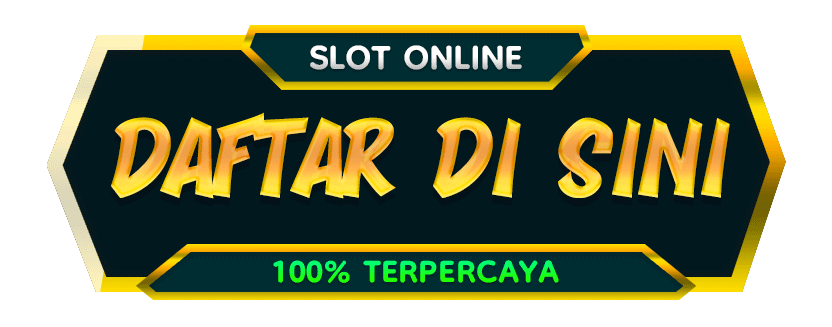1
/
of
1
My Store
Royal88 Situs Terpercaya Untuk Bermain Slot Toto Anti Rungkat No #1 di Indonesia
Royal88 Situs Terpercaya Untuk Bermain Slot Toto Anti Rungkat No #1 di Indonesia
Regular price
Rp 25.000,00 IDR
Regular price
Sale price
Rp 25.000,00 IDR
Unit price
/
per
Couldn't load pickup availability
Royal88 Merupakan jaminan dapat untung saat bermain slot toto pasti menang tanpa rungkat sekalipun dan dipercaya juga bahwa Royal88 selalu nomor satu di Indonesia.



